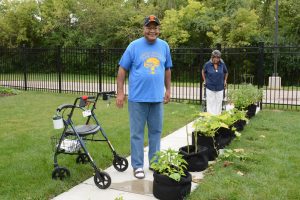
A COVID Upside: It Pushed Organizations to Do Better
During the pandemic, community development organizations had to work double-time to adapt to residents’ needs. For some, that work yielded important lessons about better helping their communities, permanently.

The Real Reason Why Babies at a St. Louis Public Housing Complex Weren’t Sleeping on Their Own
When a St. Louis-based group convened public housing residents to talk about infant mortality, they discovered a serious housing issue that affected tenants’ health. To the organization’s credit, they didn’t turn away from the problem.

How Tax Assessments in a Supposedly Progressive County Are Reinforcing Racism
Buncombe County in North Carolina was one of the first places in the U.S. to support reparations for Black residents. So why is the county not doing a better job of addressing property tax inequities that directly impact residents of color?

A New ‘Normal’: Nonprofits and the Next Phase of COVID
Two years after the pandemic began, community development organizations reflect on what’s changed and how they’re moving forward. Some are still in crisis mode; others are refocusing their work.

Maurice Jones on Job Creation, Community Development, and Wealth Building
Seventy-one percent of jobs that pay $40,000 and above require a four-year degree, says Maurice Jones. That requirement is “having a huge, huge adverse impact on Black talent earning their way into the middle class.”
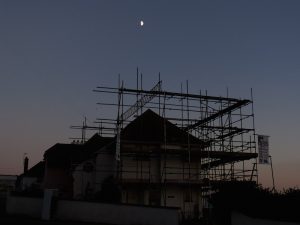
Better, Faster, Cheaper Ways to Finance Supportive Housing
A few cities in the U.S. are addressing homelessness by experimenting with different financing vehicles that are helping to preserve and construct more supportive housing.
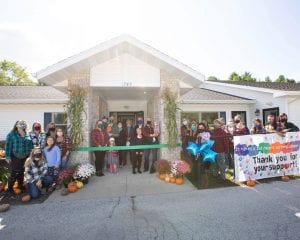
Rural Health Professionals Think Outside the Hospital
Could rural hospitals build on existing social services work by investing their assets to advance their communities’ health? Examples from Kansas, Vermont, Wisconsin, and Virginia show some possibilities.
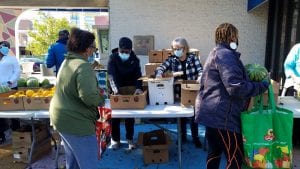
During the Pandemic, Community Development Organizations Prioritize Relief and Assistance Work
While rent relief might not be their mission, organizations are focusing on the immediate needs of residents. But with all of their staff and monetary resources being used to plug holes, some organizations believe they’re a few months or another crisis away from financial disaster.

Health Care and Community Development Partnerships in the Time of COVID-19
For health care institutions and community development organizations that focus on low-income communities’ social determinants of health, this year has been a doozy. The concept that a person’s health is […]

Lessons from the Last Housing Crisis: How to Get Control of Properties
How to keep affordable apartments and single-family homes out of the hands of institutional investors if the coronavirus pandemic leads to a giant wave of evictions and foreclosures.
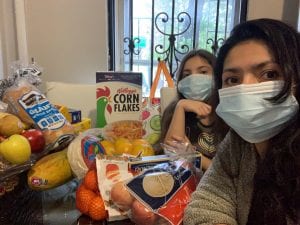
Feeding People in a Pandemic
Across the country, community organizations and food-related businesses have found creative ways to provide meals and groceries to low-income people in need.
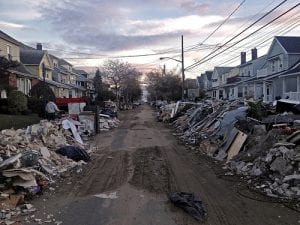
What Prior Disasters Have Taught Housing Advocates About How to Respond to COVID-19
When it comes to helping people maintain or recover their housing, hurricanes and fires aren’t as different from a pandemic as one might think.
